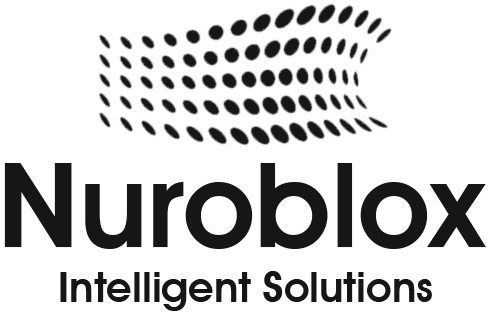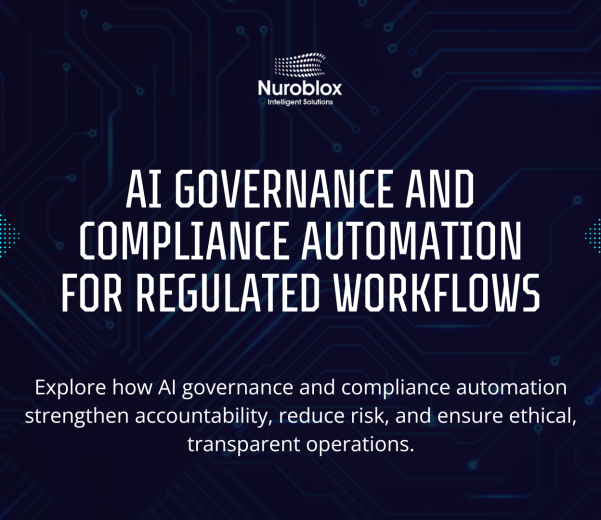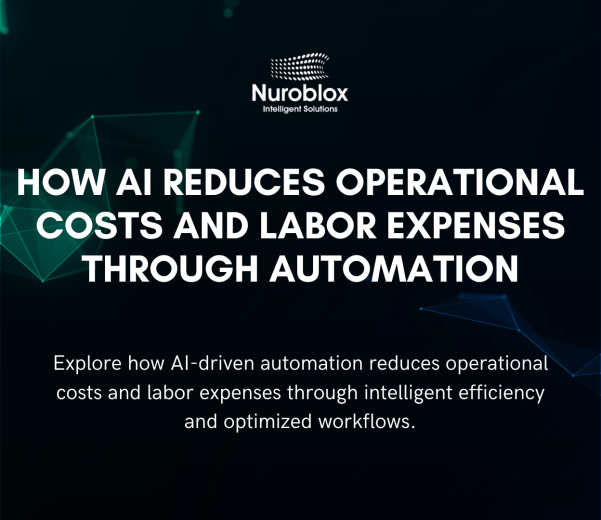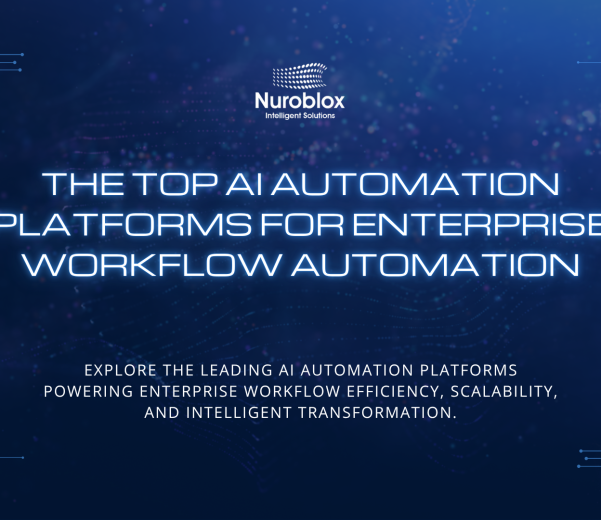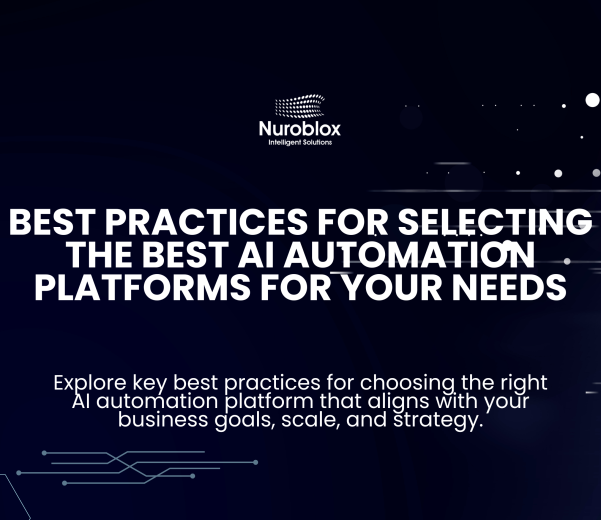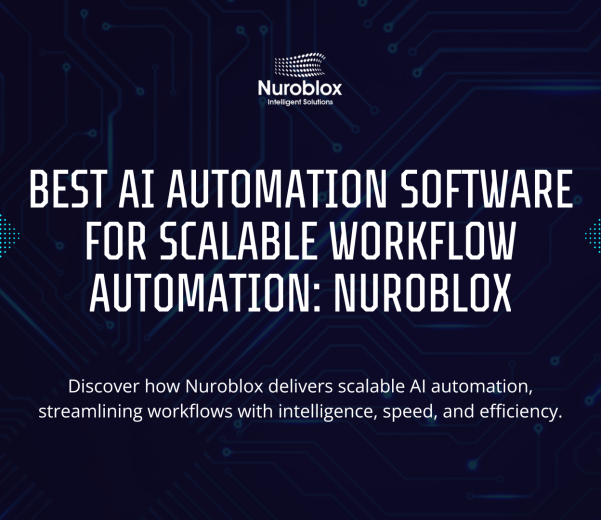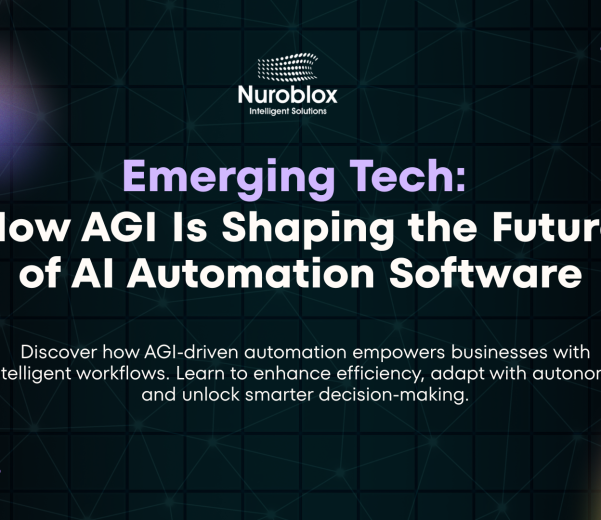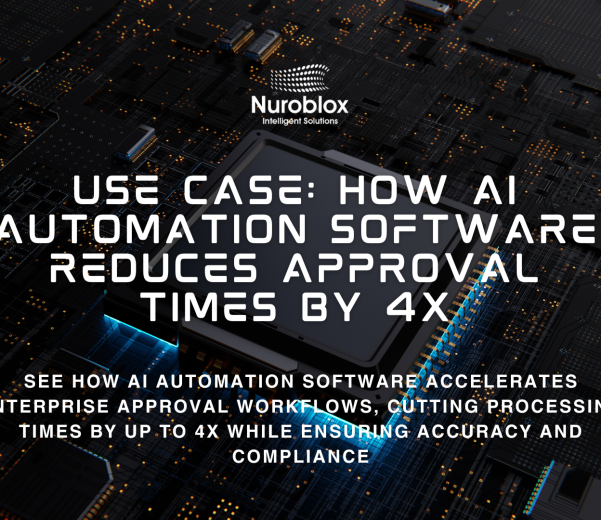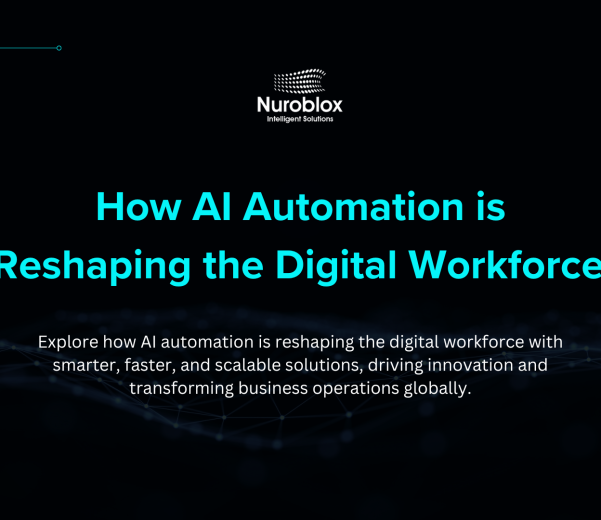Agentic automation
- Home
- Agentic automation
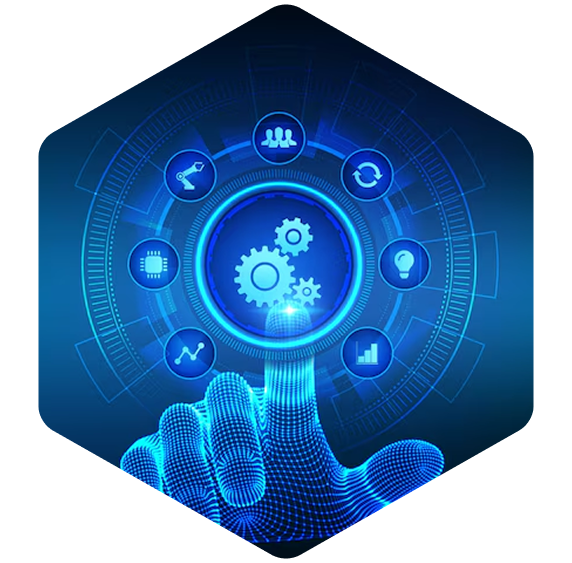
// ABOUT AGENTIC AUTOMATION
Agentic Automation
Agentic automation marks the next evolution in enterprise automation. Building on RPA and AI-powered automation, it introduces autonomous software agents capable of reasoning, decision-making, and acting independently to complete complex, dynamic business processes.










What Is Agentic Automation?
Agentic automation is the next evolution in automation, where AI-powered software agents driven by large language models (LLMs), generative AI, and large action models (LAMs) can act independently to achieve goals. These agents perceive their environment, ask questions, make decisions, and execute actions without needing detailed instructions from humans.
While traditional RPA and AI automation remain valuable, agentic automation expands what’s possible enabling the full automation of complex, unpredictable processes. This allows businesses to tackle workflows that were once too variable or unstructured to automate, unlocking broader efficiency across the enterprise.
Benefits of Agentic Automation
Wider Automation Reach
Agentic automation handles complex, unstructured, and unpredictable tasks that traditional automation can’t expanding automation across more business areas.
Smarter Decision Making
Turn to our experts to perform comprehensive, multi-stage testing and auditing of your software.
Higher Productivity
By automating end-to-end processes, it frees teams from manual intervention, enabling faster workflows and letting people focus on higher-value work.
Employee Empowerment
Trust our top minds to eliminate workflow pain points, implement new tech, and consolidate app portfolios.
Scalable and Future-Ready
Agentic automation adapts to changing demands, integrates across systems, and supports long-term digital transformation at scale.
Faster Innovation
Agents uncover trends, automate analysis, and support new ideas. Helping businesses launch products, enter markets, and stay competitive.
Scalable and Future-Ready
Agentic automation adapts to changing demands, integrates across systems, and supports long-term digital transformation at scale.
Faster Innovation
Agents uncover trends, automate analysis, and support new ideas. Helping businesses launch products, enter markets, and stay competitive.
Core Technologies Powering Agentic Automation
AI & Machine Learning Ensembles
Agentic automation relies on advanced AI techniques like deep learning, reinforcement learning, and NLP. To understand context, predict outcomes, and make decisions independently. These models work together to process multi-modal data, anticipate needs, and adapt actions in real time.
Process Orchestration
To coordinate the actions of multiple agents, systems, and people, strong orchestration is essential. This includes managing dynamic workflows, enabling multi-agent collaboration, and ensuring smooth, end-to-end execution across enterprise technologies.
Continuous Monitoring and Trigger Identification
Agentic systems must detect real-time events and process changes such as emails, IoT signals, or weather updates to trigger agent action. Continuous monitoring ensures agents stay responsive and act without human initiation.
Security, Governance, and Human Oversight
Enterprise-grade agentic automation requires AI-powered security, regulatory compliance tools, and built-in human-in-the-loop capabilities. These ensure systems are transparent, auditable, and aligned with ethical standards.
We’re Here to Assist You and Address
All Your Questions Anytime!
Key Applications
of Agentic Automation
Critical Considerations for Agentic Automation
Implementing agentic automation isn’t just about the technology. It demands thoughtful planning around decision reliability, data privacy, and ethical practices.
